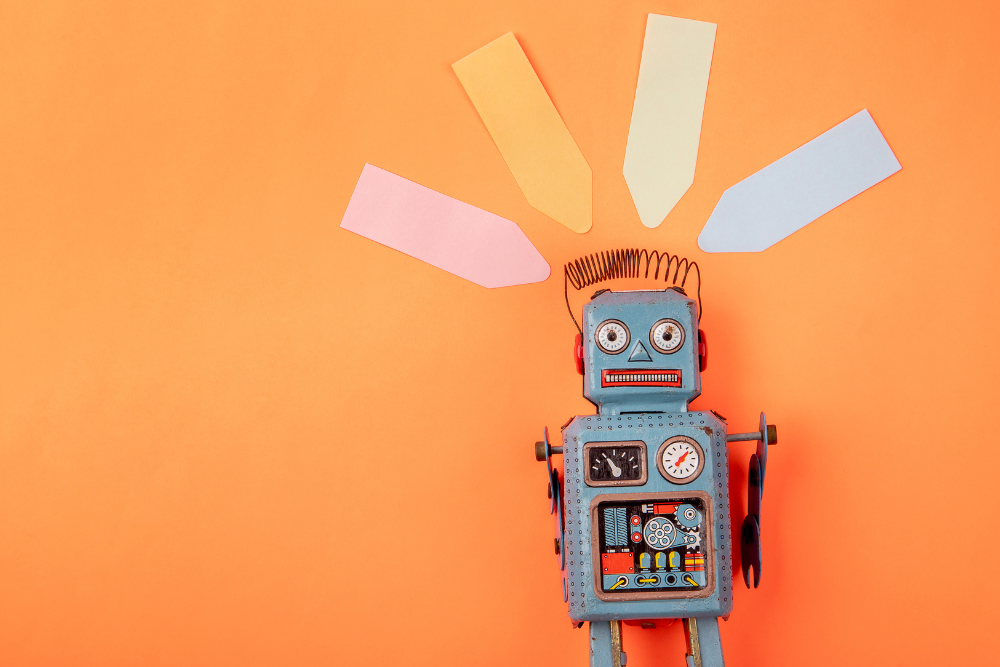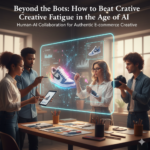Artificial intelligence (AI) software has expanded so widely across daily life that we often don’t consciously realize AI tools are there. We’ll recognize it when we have to ask Siri or Alexa a question, for instance, but even smaller autocomplete functions like your phone’s autocorrect and the way Google autofills your search terms could be classified as AI.
In short, it’s pretty evident that there’s no turning back now when it comes to the use of AI tools. But is this tech ready to steal our jobs yet?
Scroll to the end of the blog for more trending news items from the week!
How Are AI Tools Being Used Right Now?
AI software is on the rise in a multitude of industries to complete tasks that could be legitimately impossible for humans to do alone, such as scanning swaths of medical data to predict harmful effects of medicine before a patient even takes it. In fact, AI tools are all over the medical and dentistry fields, and they are being increasingly implemented in more creative industries too, causing some concern.
The AI art scene has soared into mainstream conversation following the popularization of tools like DALL-E and MidJourney, and the response to these AI tools by the art world has been contentious, to say the least.
What Makes AI Art Complicated
Just this week, controversy arose after a man’s AI-generated painting was awarded first prize in a fine-arts competition against real artists. And it isn’t the first time claims have been made that AI art is replacing artists and taking away money-making opportunities.
The divide between artists and AI-art-tool users is deepened by philosophical differences. Some AI tool apologists argue that the skill required to come up with a good prompt is on the same level as artistic capability.
Compared to the art world, where painters, sculptors, digital artists, and more are very open about their techniques and sharing them with other up-and-coming artists, those who claim to come up with “the best prompts” for AI art tools also appear very closed-fisted about sharing their tips. At this point, it’s not likely the two communities will be able to see eye-to-eye anytime soon.
Are AI Tools Coming For Writers?
Writing, and specifically copywriting, is another area we see AI tools being used more and more. And while the feelings on these programs are also mixed, the chances of an AI word generator being able to fully replace the job of a copywriter are much slimmer. Developers of the tools themselves admit that the technology isn’t yet at the point where nuanced human writing can be emulated by computer software.
Additionally, given that Google is cracking down on keyword-stuffed blog posts (i.e. the type of content that AI bots are good at creating), ensuring they are deprioritized in search results as per their recent (and still-in-development) “helpful content update,” a human eye will continue to be required for SEO copy to fulfill its purpose. This is good news for writers in the marketing field–like me, hello!–and likely other writers as well.
Ultimately, AI software should be considered a tool for professionals to use, not a human-replacer. Similar to how typing is faster than writing by hand. The art scene seems more complicated and hard to predict. As the news on this develops, you can bet that The Wolves Den will be watching.
Other Digital Marketing News
- Despite whistleblower claims, judge denies Elon’s request to delay trial
- VPNs used on Androids can no longer block ads
- The most-viewed links on Facebook redirect to TikTok, adding salt to Meta’s wounds
- Web3 is on the horizon – and so are its national security implications
- An Amazon-themed wedding celebrates a couple’s love for… e-commerce?
Follow our blog for new weekly updates from the Wolves Den, and access our content library here.







